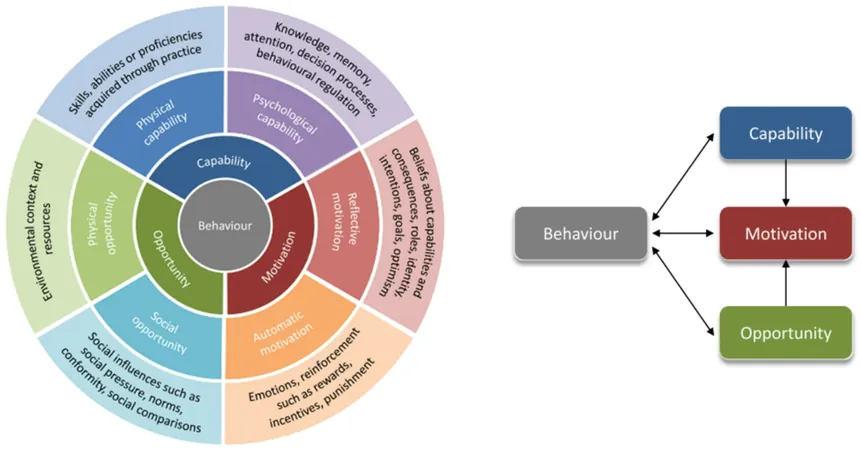
Breakthrough in Chemotherapy: How IV Magnesium Can Save Your Kidneys!
2025-04-24
Author: Jia
A New Hope for Cancer Patients
In a groundbreaking study led by researchers Shruti Gupta, MD, MPH, and David Leaf, MD, MMSc, from Brigham and Women's Hospital, new insights into kidney protection during chemotherapy have emerged. Published in JAMA Oncology, their research reveals that intravenous (IV) magnesium may significantly reduce kidney damage caused by the common chemotherapy drug, cisplatin.
The Hidden Dangers of Cisplatin
Cisplatin is a powerful weapon in the fight against cancer, effective for treating various malignancies. However, this chemotherapy drug comes with serious side effects, particularly kidney toxicity. As physicians scramble for effective preventive measures, current clinical trials offer limited solutions to mitigate this critical risk.
Magnesium: A Potential Lifesaver?
Previous animal studies hinted at magnesium’s protective properties, suggesting that it aids in the excretion of cisplatin through the kidneys. Yet, up until this study, substantial human data had been elusive.
What This Study Explored
The research aimed to determine whether administering IV magnesium on the same day as the initial cisplatin dose could lower the risk of kidney injury. With data drawn from 13,719 patients treated in five major cancer centers across America between 2006 and 2022, the study was meticulously designed to account for various confounding factors.
Key Findings: Kidney Damage Reduced!
The results were promising: patients who received IV magnesium exhibited a striking 20% reduction in the odds of experiencing kidney damage related to cisplatin compared to those who did not receive the treatment. This trend held true across numerous subgroup analyses, reinforcing the potential of magnesium as a protective agent.
Looking Ahead: Implications and Future Research
These findings open the door to exciting new avenues for kidney protection during cancer treatment. The implications are vast, prompting the need for further research to definitively establish IV magnesium as a routine preventive measure in chemotherapy protocols. As scientists continue to unravel how magnesium works to safeguard kidney health, patients and healthcare providers are hopeful for a future where chemotherapy can be administered with less risk.



 Brasil (PT)
Brasil (PT)
 Canada (EN)
Canada (EN)
 Chile (ES)
Chile (ES)
 Česko (CS)
Česko (CS)
 대한민국 (KO)
대한민국 (KO)
 España (ES)
España (ES)
 France (FR)
France (FR)
 Hong Kong (EN)
Hong Kong (EN)
 Italia (IT)
Italia (IT)
 日本 (JA)
日本 (JA)
 Magyarország (HU)
Magyarország (HU)
 Norge (NO)
Norge (NO)
 Polska (PL)
Polska (PL)
 Schweiz (DE)
Schweiz (DE)
 Singapore (EN)
Singapore (EN)
 Sverige (SV)
Sverige (SV)
 Suomi (FI)
Suomi (FI)
 Türkiye (TR)
Türkiye (TR)
 الإمارات العربية المتحدة (AR)
الإمارات العربية المتحدة (AR)